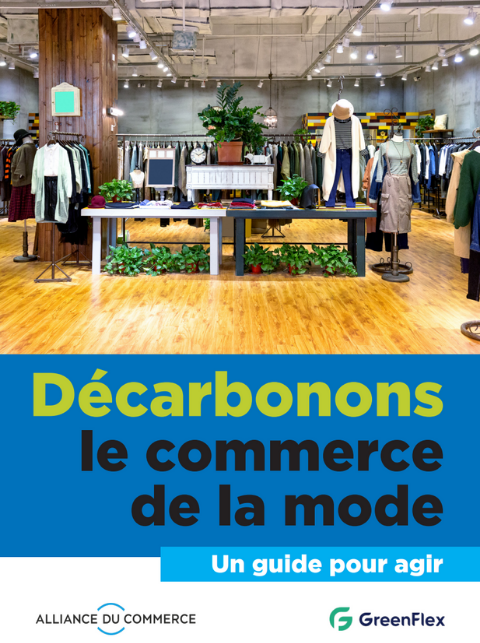
Note that by 2050, France is committed to achieving carbon neutrality, as are the companies that have signed the Fashion Pact. The study, carried out in partnership with GreenFlex, recalls the legal framework, proposes concrete actions to be taken, mentions the names of service providers and shares the experiences of retailers.
It is essential, according to Yohann Petiot, General Delegate of l’Alliance du Commerce, that the Covid-19 pandemic does not “interrupt the transformation of our industry. Thus, in addition to the support measures taken during the crisis, it is essential that the State supports business investment as part of the recovery plan.
The objective of the study is also to prove that “technical progress can reduce both the environmental impact of points of sale and operating costs,” adds Guillaume Simonin, director of economic and legal affairs at the Trade Alliance. In this sense, the average return on investment times are systematically mentioned for each proposed solution.
The guide, entitled “Décarbonons le commerce de la mode” or Decarbonizing the fashion world, deals only with operations over which companies have direct control, i.e. from the factory gate to the management of unsold goods. It is divided into four themes: first, energy management in warehouses and stores, then procurement/logistics, then packaging and wrapping, and finally merchandising and point-of-sale advertising. To identify the levers for reducing their emissions, brands are first invited to carry out a carbon assessment.
Guidelines (in French)
